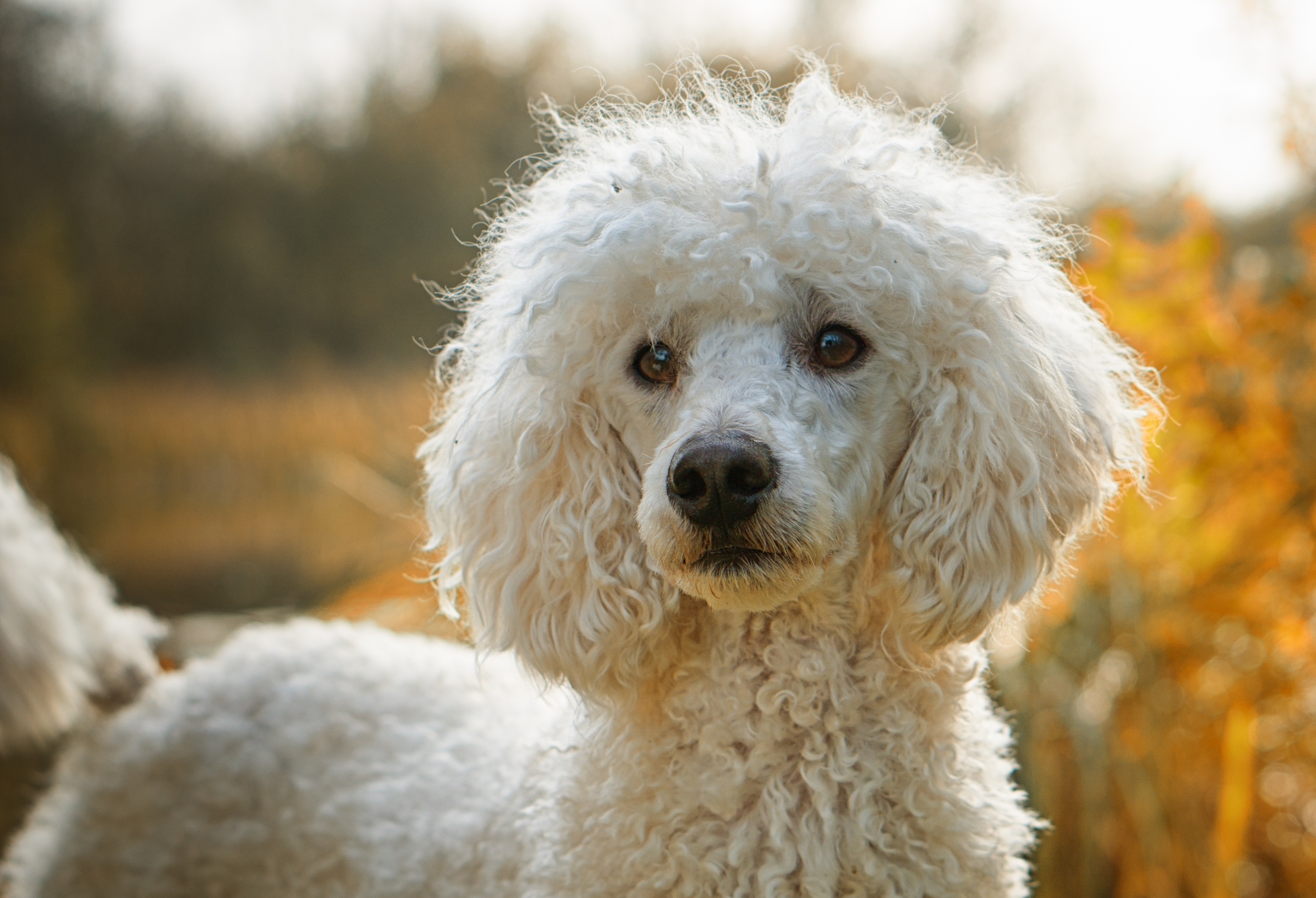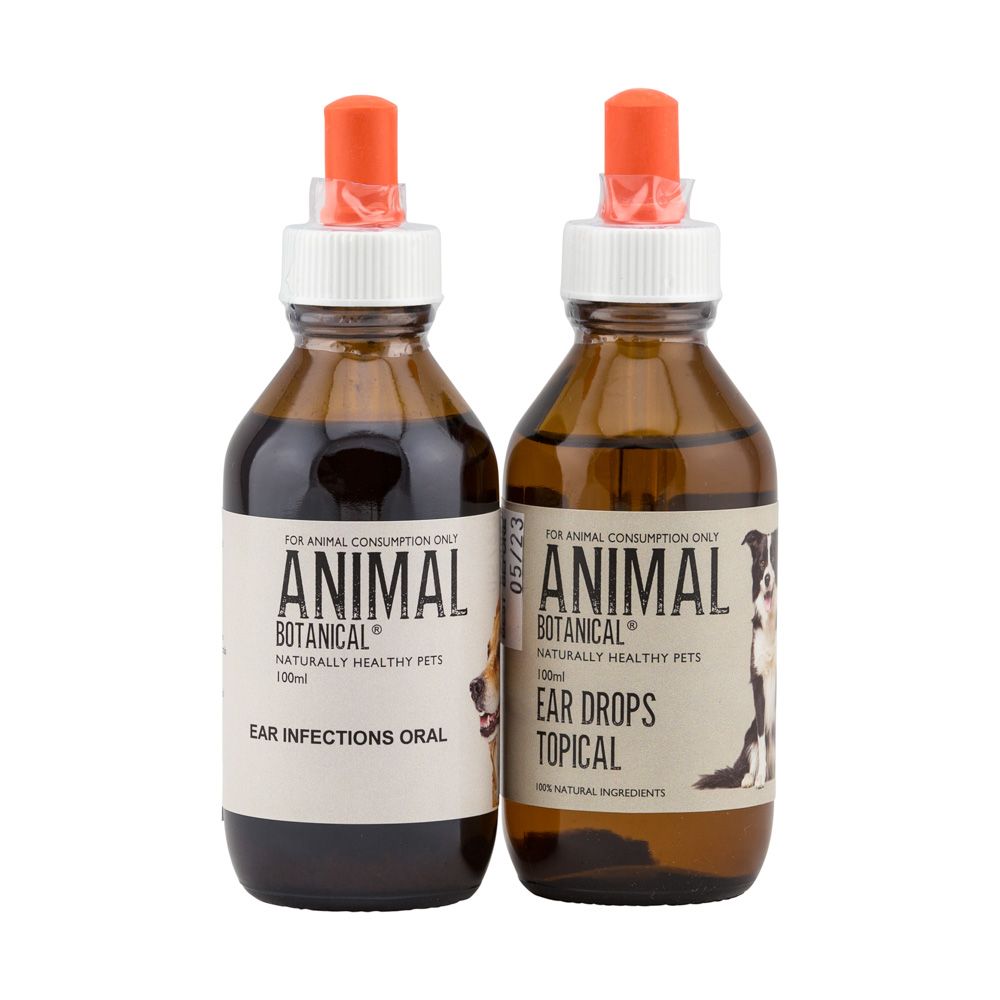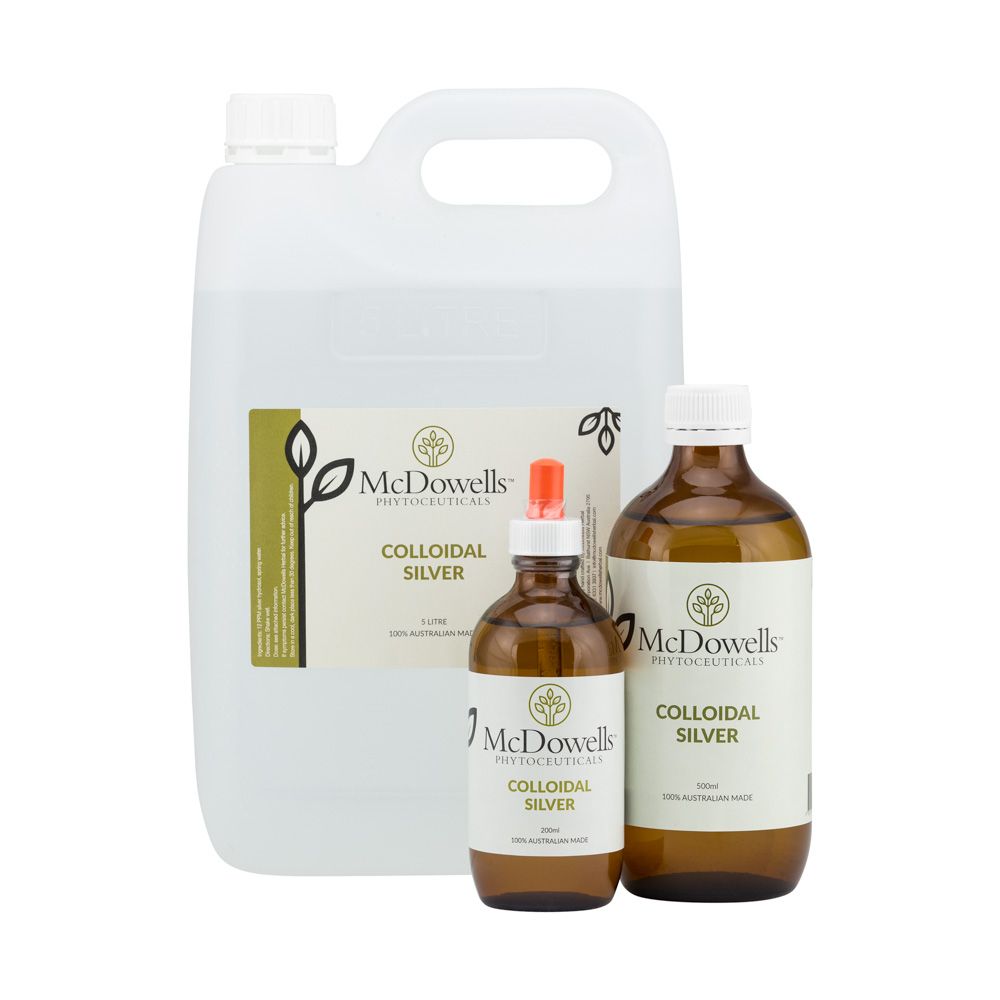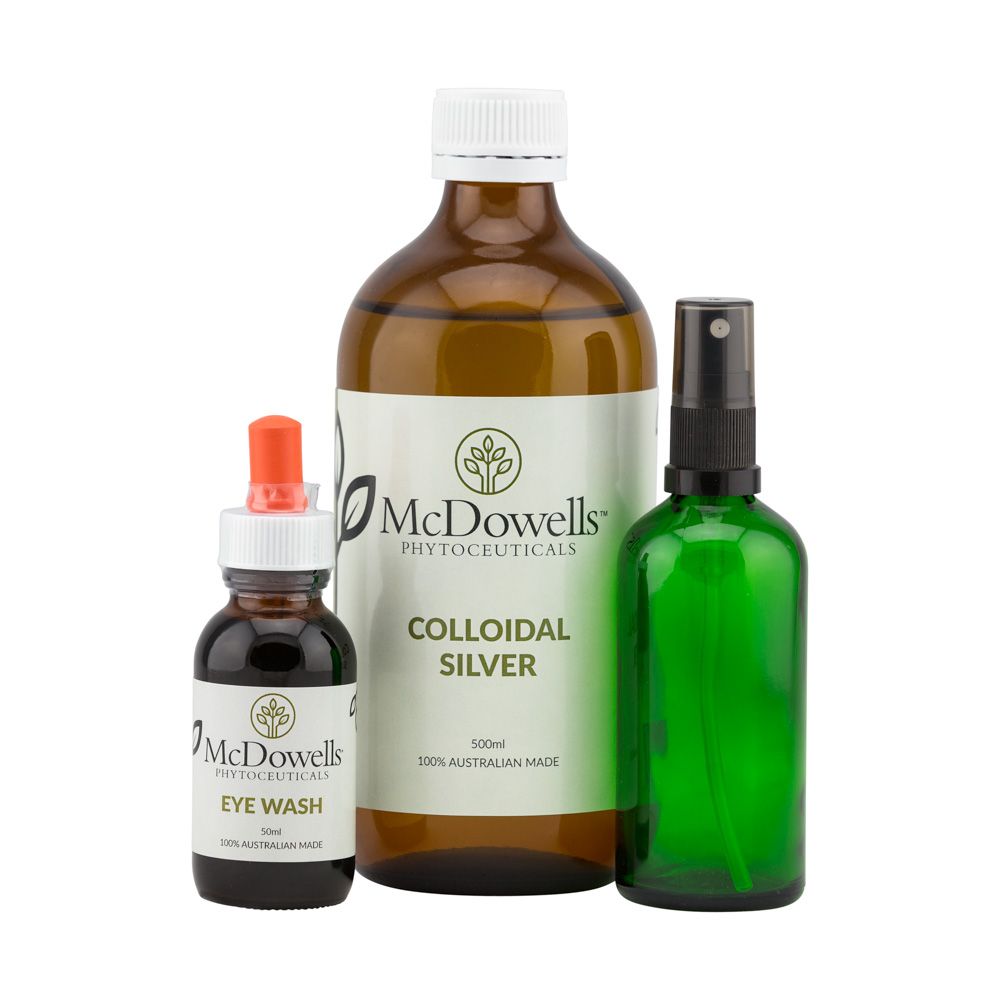The floppy, hairy ears of a poodle can make them more susceptible to ear infections. Poodles often have an excess of hair inside the ear canal and around the eye.
Infection can appear when the natural flora (yeast and bacteria) in the ear canal gets out of balance and/or when there's too much moisture.

Caring for the ears
It is best to pluck the hair out on a regular basis. Most of the time the hair is quite easy to pluck and the dogs usually do not mind.
If, however, they get upset just do a little at a time and have a treat waiting for when you are finished. Just give a quick tug on a small amount of the hair. If you do it slowly it will be uncomfortable.
If there are no ear problems then simply wipe the outer ear with a cotton wool ball moistened with alcohol to wipe away any dirt etc. If there is a lot of wax further down the ear canal you could ever so carefully use a cotton bud to gently lift this wax out of the ear canal. It is important to NOT use cheap cotton buds as sometimes the cotton tip will fall off these thereby causing a problem by remaining in the canal. Vets will often warn against using cotton buds for this reason along with the caution to not PUSH the wax further down the canal but to gently LIFT/SLIDE it up towards you.
Signs of a Chronic Ear Infection:
- Whining and signs of pain
- Excesssive scratching at head and ears
- Excessive head shaking
- An odour coming from the ear
- Pus and fluid in the ear
- Crust or Scabs in the ear
- Inflammation within the ear
If it is a severe infection we recommend using our Chronic Ear Infection Program along with colloidal silver.
Caring for the eyes
Eye stains on white coated dogs is usually the result of tears that have spilled over the eyelid and onto the coat or long coat falling into the eyes and thereby wicking moisture from the eyes. This causes a moist area that attracts bacteria or yeast which then stains the coat a rusty brown colour.
There are numerous reasons for excess tearing;
- blocked tear ducts
- eye structure being such that prominent eyes allow for spillage of tears
- conjunctivitis
- bright sunlight can produce excessive tears whilst squinting in the bright light
- I have even known some small breeds of dogs who actually "cry" - don't laugh I own one - when they desperately want something eg. food you are eating, your attention etc!
So after ruling out blocked tear duct (which would require veterinary attention if truly blocked) then the treatments left are the following.
For inflamed tear ducts, conjunctivitis - our herbal Eye Wash is recommended, which will whilst being used will leave a mild yellow staining but once the problem has been resolved application can be stopped and staining will gradually fade.
Long hair falling into the eyes should be trimmed appropriately. Do not believe the old wives tale that trimming the hair away will cause the dog to go blind!
In fact the opposite is true as hair continually irritating the cornea can cause recurrent corneal ulcers which over time can cause severe scarring.
Some dogs will have excessive tearing due to allergies - similar to hayfever in people and if this is the case then this needs to be addressed as a separate issue.
This leaves the excess tearing that you have no control over due to the structure of the eyeball in the socket and for this we would recommend the use of Colloidal Silver as a non-irritant wash that will kill the yeast and bacteria which collect on the damp haircoat.




